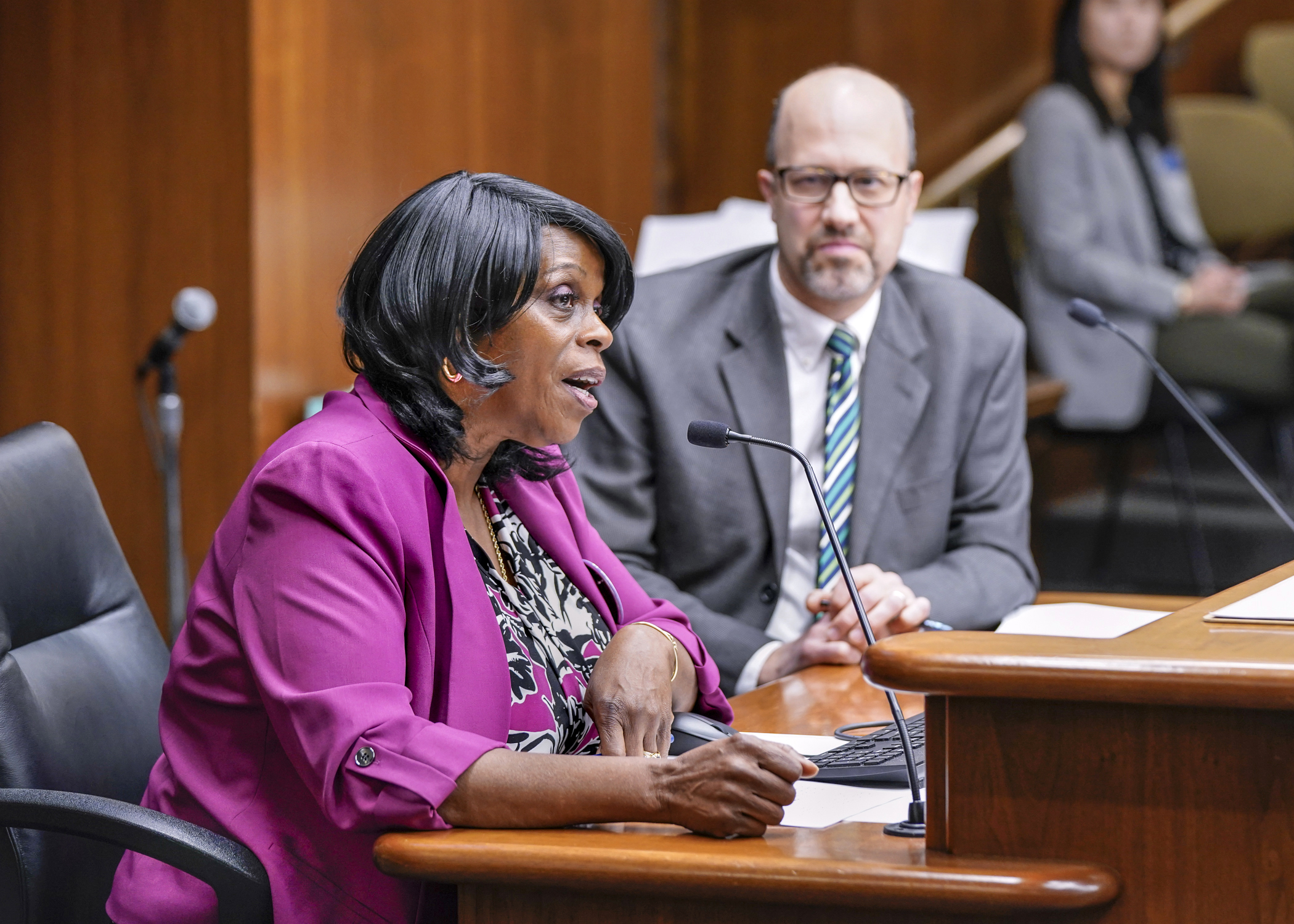More than $30 million could be available to address child care crisis

Child care access and affordability were challenges for families long before the COVID-19 pandemic, as were workforce shortages and profitability for providers.
But for many of those involved, the impact of the coronavirus on those issues has been enough to cause a full-blown child care crisis, creating a “dire” situation the state must act quickly to address.
Rep. Dave Pinto (DFL-St. Paul), chair of the House Children and Families Finance and Policy Committee, outlined the problem for the panel Thursday while discussing HF150, a bill he sponsors to bolster the child care system by appropriating more than $30 million to help both families and providers alike. No committee action was taken.
“This is applying a tourniquet to a gaping wound,” Pinto said. “There’s a lot that we need to do in addition, but let’s at least get families the child care they need and stabilization for the sector.”
In its current form, the bill would make three appropriations from the General Fund in fiscal year 2023:
- $20 million for Early Learning Scholarships, which help families pay for child care and early education to help get kids ready for school;
- $20 million for the Basic Sliding Fee Program that also helps families pay for child care, with eligibility based on a formula involving a family’s gross annual income; and
- $11 million for the Child Care Stabilization Grant Program.
However, Pinto expects to remove the sliding fee program appropriation before a committee vote at a future meeting. He said help for that program would be better addressed in other legislation but that the scholarships, and especially the stabilization grants, need quick action.
Those grants began in 2021 with $300 million in federal COVID-19 relief money to provide monthly grants to eligible child care providers in Minnesota. They remain available through June 30, 2023, but Pinto said payments will be cut in half in March, causing “major, major problems.”
“Those payments have been keeping the sector afloat,” Pinto said, adding that the state’s next biennial budget, which is to take effect July 1, could then provide a long-term solution.
Rep. Brian Daniels (R-Faribault) is concerned about committing state money to pay for what was supposed to be a short-term measure funded by the federal government.
“I don’t disagree with you that we need more money in some of the child care programs,” Daniels said. “But this was only to be a Band-Aid to get us through.”
Related Articles
Search Session Daily
Advanced Search OptionsPriority Dailies
Speaker Emerita Melissa Hortman, husband killed in attack
By HPIS Staff House Speaker Emerita Melissa Hortman (DFL-Brooklyn Park) and her husband, Mark, were fatally shot in their home early Saturday morning.
Gov. Tim Walz announced the news dur...
House Speaker Emerita Melissa Hortman (DFL-Brooklyn Park) and her husband, Mark, were fatally shot in their home early Saturday morning.
Gov. Tim Walz announced the news dur...
Lawmakers deliver budget bills to governor's desk in one-day special session
By Mike Cook About that talk of needing all 21 hours left in a legislative day to complete a special session?
House members were more than up to the challenge Monday. Beginning at 10 a.m...
About that talk of needing all 21 hours left in a legislative day to complete a special session?
House members were more than up to the challenge Monday. Beginning at 10 a.m...